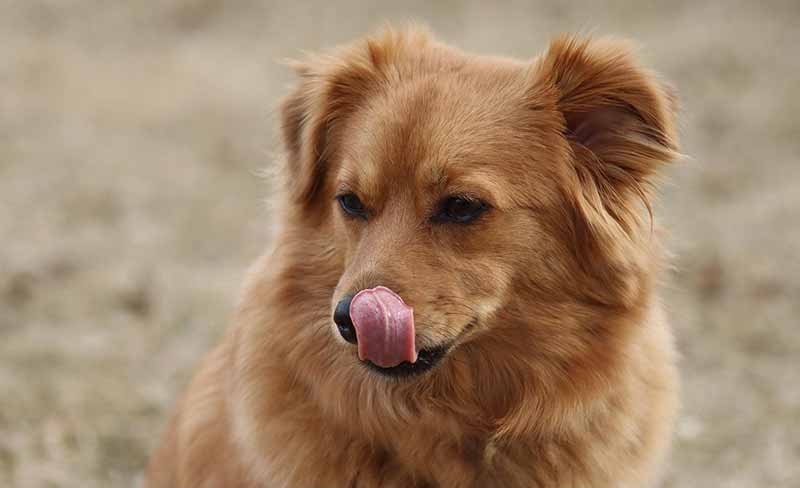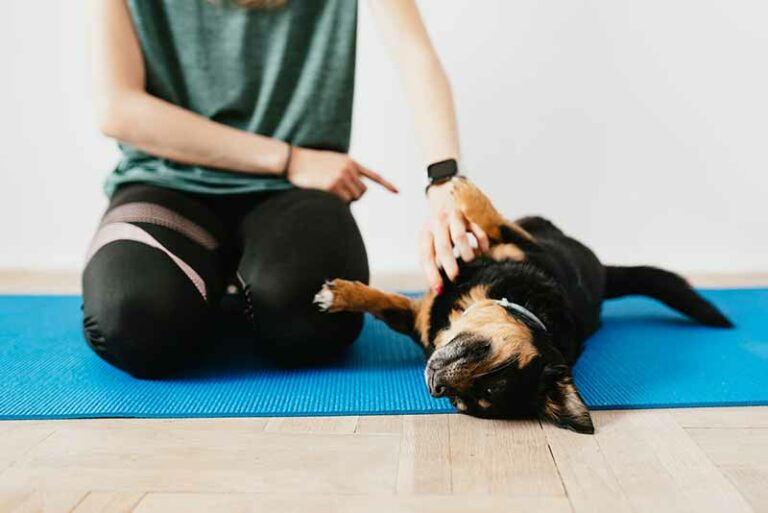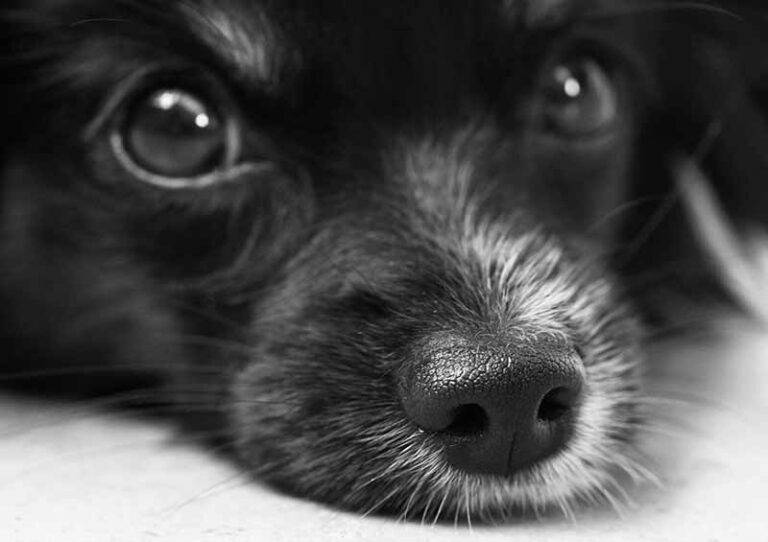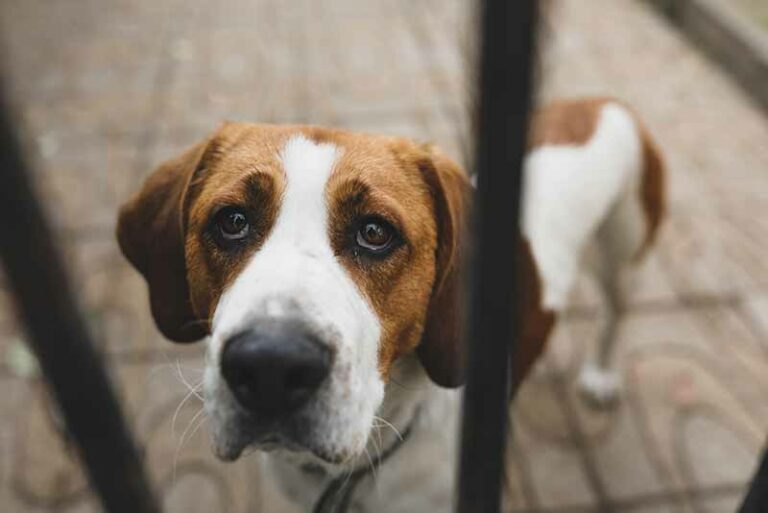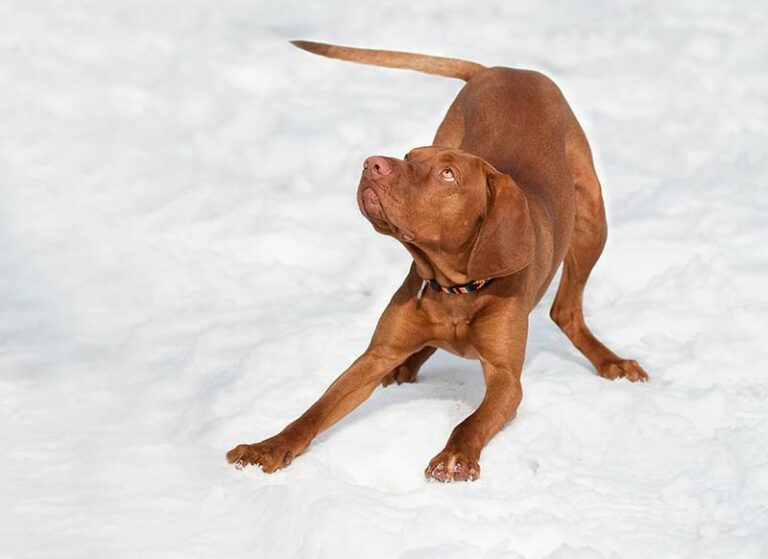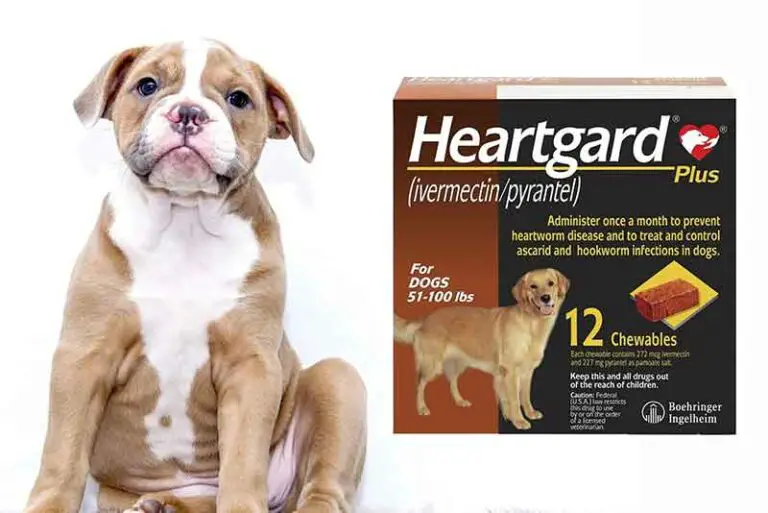Is Dog Saliva Good For Your Skin? FAQs Explained
Any dog parent would love to be the center of attention and have loads of affectionate moments with their pets. It is interesting to watch them being so lovely with you, but it also calms us down.
But what’s the most common way your pet shows you his love? Is it not covering you from head to toe with his kisses by licking you non-stop?
But still, Is dog saliva good for your skin? It’s not exactly bad. If the skin is intact and without injuries, dog saliva poses no major health risk for healthy people. However, allowing your dog to lick an open wound or irritated skin on you is not good.
That saliva can keep the wound moist, and the rough tongue can open up the damage further, allowing bacteria to thrive, and ultimately leading to infections.
And the germs in his saliva might not be harmful when he licks you on healthy skin, but the same couldn’t be said when it’s sore and bruised skin.
What Does Dog Saliva Do To Your Skin?
Many of us don’t think twice about the dog’s saliva when we bend over for a drooling kiss.
However, the lack of knowledge about animal saliva, bacteria, and its effects on humans and pets might lead to unnecessary situations.
So, is dog saliva good for your skin? I have mentioned below five quick facts about dog saliva that may change your thoughts about your pet and its mouth.
After going through this article, you will receive a clear answer to your problem, is dog saliva good for your skin.
- Dog Saliva Contain Histatins
Histatins are proven to boost the wound healing process. It promotes the proliferation and migration of new skin cells allowing wounds to heal faster.
- Prevents Canine Cavities
The saliva in the dog’s mouth is better suited to preventing tooth decay than human saliva. their PH levels are higher than ours, and the acidity in the mouth is contained.
- Digestion Is Fast-Tracked
Even though no enzymes exist in their saliva, it helps food reach their stomach easily to start the digestive process.
- Could Transmit Bacteria To Humans
Because dog saliva has antibacterial properties, it doesn’t mean dog kisses are clean, and people should let their guard down. Sometimes, this could cause health concerns in humans.
- Allergies
While many people believe that pet dander is the cause of allergic reactions to dogs, many of these allergies stem from proteins found in dog saliva.
So, when trying to understand answers to the question, is dog saliva good for your skin, you should keep two facts in mind.
One, the saliva of dogs poses no risks to us when it touches normal skin.
Two, it’s not wise to let your dog lick your wounds despite their antibacterial properties.
These healing properties in his saliva may work alright on the dog’s wounds, but we can’t guarantee it will be the same for human injuries.
Is Dog Licking Good For Your Skin?
Licking is a natural and inborn behavior for dogs. For them, it’s a way to nurture, connect, and express themselves. Your dog can lick you to say, “I love you,” “pet me, mommy,” or calm down when stressed and show empathy.
He might also lick you just because he likes you! Excessive licking can sometimes signal that your dog is anxious, uncomfortable, or in pain.
If your dog licks you often, you know what it’s like to get drooled on your face, hands, and around your mouth whenever you’re petting, feeding, or being greeted as you step through the door.
Being licked by your dog can signify affection. But often people get a natural problem about this.
Is dog saliva good for your skin? Should you let your dog Lick You?
For most healthy people, if their dog licks their faces or any body part should pose a minimal health risk. If you are concerned, do not let dogs lick your mouth or near an open skin wound for added safety.
Whenever my dog licks any part of my body, let it be my face, hands, neck, or legs, I wash my skin with water and soap or use a sanitizer to clean myself.
Your dog indeed licks you out of love but knowing that his saliva may contain germs and not taking precautions looks foolish to me.
Dogs also lick you to groom you. Just like how a momma dog licks her puppies to keep them clean, your dog may, too, lick you to clean you.
The antibacterial agents in his skin will nourish and clean your skin off any germs. But then again, it’s not the same for us, especially if the skin has any irritations.
Does Dog Saliva Heal Your Skin?
Dog saliva has some healing properties. Before innovating modern medicine in the world, licking wounds was your dog’s best defense against infection.
It is also a widely held belief that licking our wounds is beneficial to us as the mouth is home to an abundance of disinfectant or antimicrobial compounds.
Indeed, there is some truth to this common belief. But in today’s world, however, we have better options.
Why do wounds we get in our mouths heal faster than the rest of our bodies? That’s because our saliva contains some antibacterial properties.
It contains enzymes and antimicrobial compounds that fight off infection and statins, which speed up healing wounds by encouraging new skin cells’ migration to the wound area. It’s the same in dog saliva too.
The French medical world has a famous saying: “A dog’s tongue is a doctor’s tongue.” The practical value of dog saliva includes:
- Histatins
- proteins
- Antibacterial property
Despite these beneficial traits, if you see a dog sniffing another dog’s butt or trying to gobble something less than appetizing, you’ll probably wonder if it’s safe for your dog to lick you.
Or if you’ll end up with some bacterial infection. A dog’s saliva contains a wide variety of microbes, most of which are a normal part of a dog’s life and are harmless to both dogs and humans.
So, finally, I can leave a good impression on your mind about whether dog saliva is good for your skin or not.
My thoughts? Don’t be afraid of your dog’s cute face full of microbes, and give him some love. Just be careful with open wounds and irritated skin and your mouth.
Being afraid of your dog’s multiple microbes is like being afraid of all the other microbes around you: most of them aren’t harmful to us at all.
Thank you for reading and Stay tuned with Jack Russell Owner for more interesting posts. Cheers!

